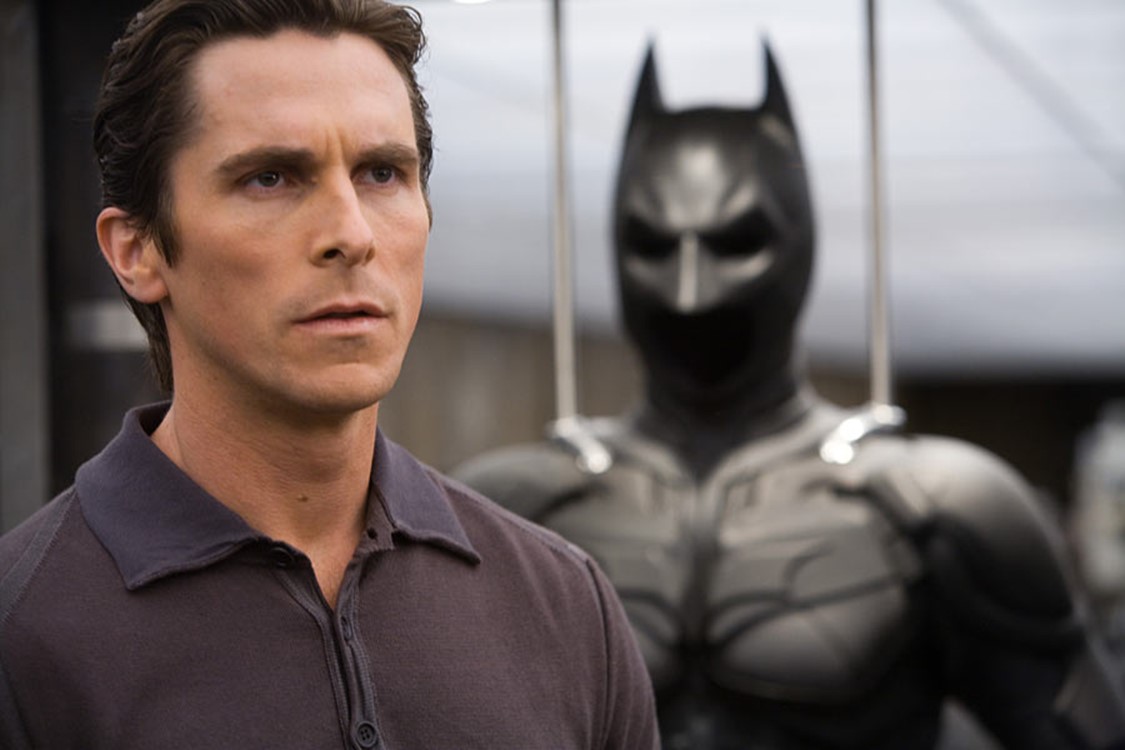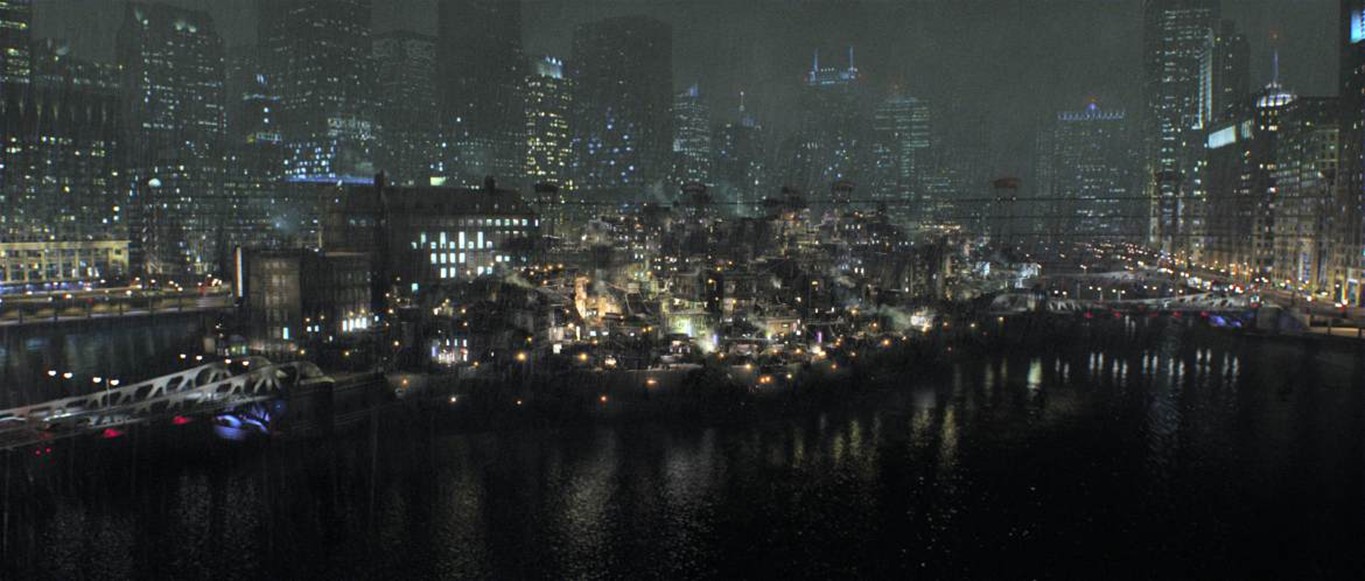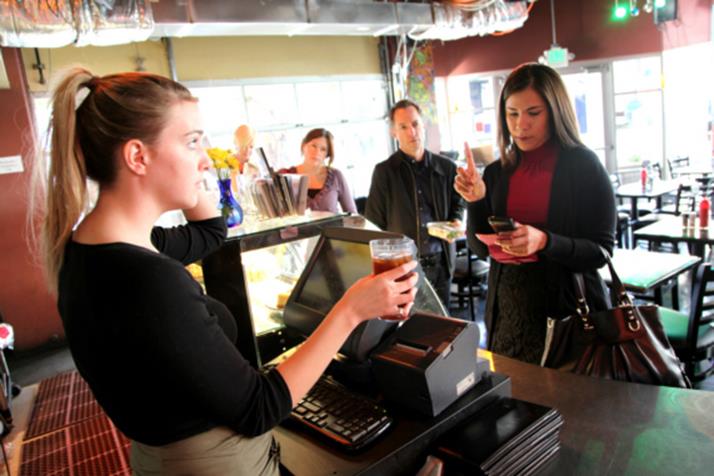
San Francisco has an innovative new plan to deal with the problem of pan-handlers lining the streets writes Heather Knight. Highlights include:
- Evidence suggests that beggars in San Francisco have housing, but pan-handle to supplement their income or because they have nothing else to do.
- At the same time the economic recession has caused pet owners to abandon their dogs. A minority of these dogs require special treatment and care from people with a lot of time.
- The city plans to offer to pay beggars $50-$75 a week to take care of these dogs, and promises to pay all associated dog expenses.
- Candidates need to be living in a house, can’t be severely mentally ill, can’t have a history of violence, must seek treatment if they have addictions, and must give up begging if they want to keep the dogs.
To read more including the safeguards put in place for both the pan-handlers and the dogs, what happens to dogs that are not socialized to interact with humans, how many dogs are left in the shelters, what happens when a human-dog pairing isn’t deemed a good match, other ways that the city has tried to deal with the problem of pan-handing, and the therapeutic effect of dogs, click here.
Source: San Francisco Chronicle
Via: Freakonomics



















Join the Discussion! (No Signup Required)